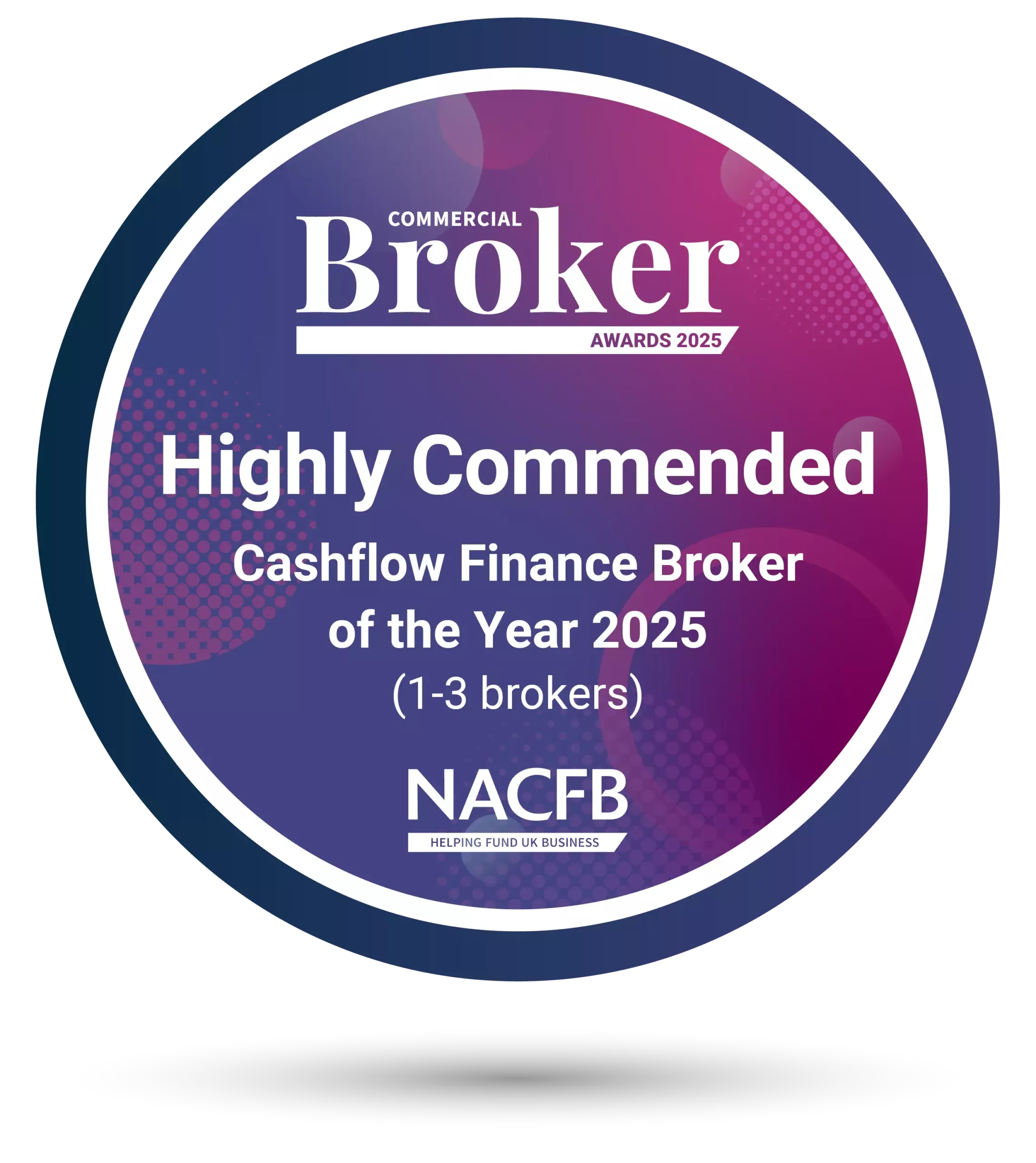How Can We Help?: 0207 294 7500

Why Management Accounts Matter More Than You Think
For many business owners, management accounts are seen as something you “should” do but rarely take priority. In practice, they are one of the most commercially valuable routine disciplines in a business. They give owners and boards the ability to run the company with eyesight rather than instinct.
Understand Your Business Performance While It Still Matters:
Year-end accounts tell you how you did. Management accounts tell you how you’re doing. Because they are current, they let you act while there is still time to change the outcome – to cut, pivot, or invest before problems embed or opportunities expire.
Know Where Profit Is Really Made, And Where It Isn’t:
Headline turnover can be deceptive. Good management accounts segment revenue and margin by product, client, service line or site. That visibility lets you double down on profitable segments and either fix or exit loss-making ones. Many businesses protect their P&L simply by stopping the wrong work.

Bring Cost Discipline Into The Present, Not The Post-mortem:
Overspending and creep are easy to spot in arrears and hard to reverse. Regular MI highlights leakages early – unused subscriptions, underutilised headcount, and drift in supplier rates – allowing calm, surgical adjustments instead of lumpy, painful cuts later.
Be In The Strongest Position When Applying For Finance:
Lenders don’t just underwrite numbers – they underwrite behaviour. Producing clean, current management accounts signals control, rigour and predictability. That often translates into faster approvals, more lender appetite, better pricing and lighter covenants.

Make VAT and Compliance Faster, Cleaner And Safer:
Well-structured, reconciled management accounts make VAT returns largely a by-product. Less manual work, less stress, fewer mistakes – and a reduced risk of queries from HMRC.
Budget With Clarity – Including For Corporation Tax:
Management accounts give the lead indicators to forecast cash requirements and tax liabilities sensibly. That supports rational decisions on dividends, hiring, capex or debt repayment, and avoids the “surprise tax bill” liquidity shock.

Spot Trend Inflections Earlier Than Competitors:
Margins compress, debtor days lengthen, sales cycles slow and cancellations rise gradually before they are obvious. Regular MI surfaces those slope-changes early — allowing pre-emptive action while rivals are still asleep.
Create A Shared Dashboard For Leadership Alignment:
When the management team all read from the same set of numbers every month, decisions get faster and less political. Arguments become evidence-based, not opinion-based, and priorities stay synchronised.
Conclusion:
Management accounts are not a compliance chore. They are a leverage tool: they convert facts into foresight, foresight into control, and control into better outcomes – commercially and in finance markets.
If you’d like help preparing, interpreting or using management accounts to improve fundability, cashflow planning or decision-making, we would be happy to introduce you to one of our accountant partners.







